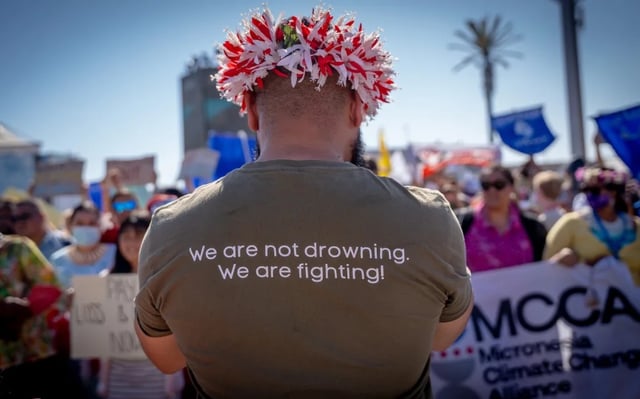Overview
- The court’s unanimous July opinion for the first time defines under international law that states must prevent harm from greenhouse gas emissions and uphold the 1.5°C limit
- The advisory reaffirms the principle of common but differentiated responsibilities by urging wealthy industrial nations to lead deep emission cuts and fund climate resilience in developing countries
- It warns that failure to take adequate action may amount to an internationally wrongful act, opening the door to full reparations claims by affected nations
- Although non-binding, the opinion is already cited in over 2,600 pending climate cases worldwide and is expected to underpin both domestic and interstate litigation
- Unresolved questions about the ICJ’s enforcement authority highlight challenges in compelling compliance from sovereign states without binding mechanisms

